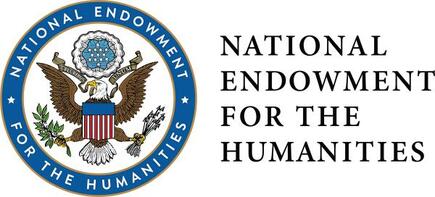|
Three cheers for our amazing Master Teacher Mike Biondo! He just won the Patricia Behring Teacher of the Year Award for Illinois. Read more about it in this Chicago Tribune article. Notice his interest in all things GAPE, answering that he'd love to go back in time to visit the 1893 World's Fair.
1 Comment
We've been working over here to review and select our participants for the 2016 cohort of Rethinking GAPErs. There were so many great applications and it was wonderful to see everyone's passion for the period and the themes we explore.
I'm sworn to secrecy until March 30, but thanks to all who applied! Keep up the good work in your classrooms. 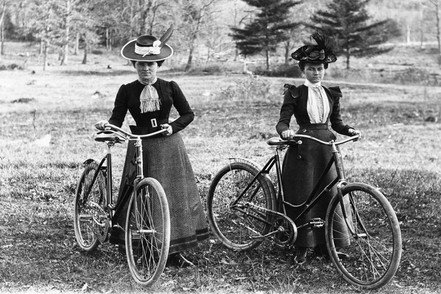 “Let me tell you what I think of bicycling. I think it has done more to emancipate women than anything else in the world. It gives women a feeling of freedom and self-reliance. I stand and rejoice every time I see a woman ride by on a wheel…the picture of free, untrammeled womanhood.” Susan B. Anthony told the New York World in 1896. The rise of the bicycle as a means of transit in America was not without controversy. This week JSTOR Daily highlighted the interesting 2010 Michael Taylor article from the Journal of the Gilded Age and Progressive Era, "Rapid Transit to Salvation: American Protestants and the Bicycle in the Era of the Cycling Craze. JSTOR is now available to all check out Taylor's article. 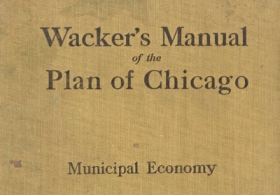 The Chicago Architecture Foundation is calling for designs to create a graphic novel update to the 1911 Wacker Manual. The original document was created to teach the city's 8th grade students about Daniel Burnham's 1909 Plan of Chicago. This selection from the Introduction of the original, written by Walter D. Moody, is particularly inspiring: It is becoming a recognized fact that the power, growth and advancement of a city is limited only by the measure of united civic interest of its people. The stronger and more vital the Community, the greater and more influential the city. It is this spirit which gives Chicago its great world distinction-an indomitable, living, throbbing love for the city, expressing a demand of its united people that the city shall deserve and achieve greatness. Conditions, then, demand that this new impulse of love for this city shall be fostered, and that our children shall be taught that they are the coming responsible heads of their various communities. We direct the national patriotic impulse into the paths of duty, and it is vital that we do the same with the new impulse for civic good. What do you think? What do you do to help your students become future leaders in your city? How do you foster both civic understanding and engagement? SHARE YOUR IDEAS IN THE COMMENTS! Here are some other interesting links about the Wacker Manual:
Some great links raising fundamental questions of the institute and connections to today.
MPR interviewed our wonderful Academic Director, Robert Johnston, for this piece on defining progressivism in history and its relationship to the presidential race. Leon Fink, our visiting Labor historian writes here about labeling Bernie and using "socialism." Do we live in a Second Gilded Age?
Urban History Seminar
|
|||||||
| GAPE Reading List | |
| File Size: | 232 kb |
| File Type: | |
Archives
March 2016
February 2016
January 2016
December 2015
November 2015
Categories
|
The National Endowment for the Humanities: Democracy demands wisdom.
“Rethinking the Gilded Age and Progressivisms: Race, Capitalism, and Democracy, 1877 to 1920” has been made possible by a grant from the National Endowment for the Humanities Summer Institute for K-12 Educators program. Any views, findings, conclusions, or recommendations expressed in this program do not necessarily represent those of the National Endowment for the Humanities. |
|
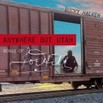
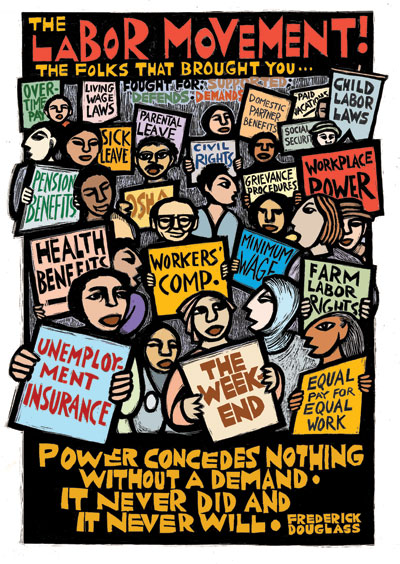

 RSS Feed
RSS Feed
